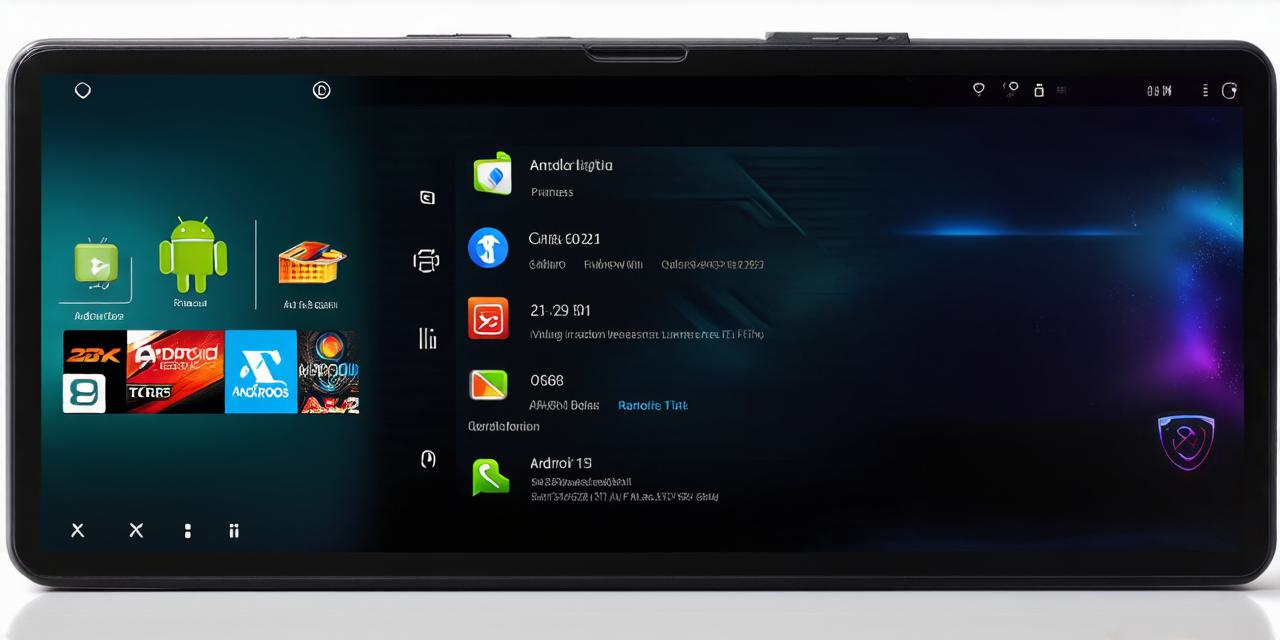Have you ever wondered why your Android device seems to have an automatic download for games? The answer lies in how these apps are designed and what happens behind the scenes. In this article, we will explore the reasons why your Android device downloads games without your consent and examine the causes of this behavior. We’ll also look at ways you can control it and prevent it from happening.
Understanding Why Games Get Downloaded Automatically
Android devices have a feature called “Google Play Services,” which allows apps to update themselves in the background without requiring a user to manually download them. This is a useful feature that ensures your apps are always up-to-date with the latest security patches and bug fixes. However, it can also cause problems if games or other apps are designed to automatically download updates without giving the user any control over when or where they’re downloaded.
One common reason why games get downloaded automatically is because of the way they are programmed. Many games require a constant connection to the internet in order to play, and this can cause them to automatically download updates whenever they’re connected. This is especially true for multiplayer games that rely on real-time data to function properly.
Another reason why games get downloaded automatically is because of the way they are designed to work. Many games require a lot of resources from your device, such as memory and processing power. If these resources become scarce, the game may automatically download updates or add-ons that improve its performance.
Understanding How Games Get Downloaded Automatically
The process of how games get downloaded automatically on an Android device is quite complex. When a game or app is downloaded from the Google Play Store, it goes through a series of checks to ensure that it meets the required quality standards. This includes a review of the code and any associated files that are included in the app.
Once an app has passed all of the necessary checks, it is uploaded to the Google Play Store and made available for users to download. When you install an app on your Android device, it is automatically uploaded to the device’s memory. This includes any updates or add-ons that may be included with the app.

When a game or app needs to download updates or add-ons, it sends a request to the Google Play Store to retrieve the necessary files. The app then automatically installs these files in the background, without requiring any input from the user. This process is designed to happen seamlessly and quietly in the background, so that users don’t notice that their device is downloading updates or add-ons.
The Risks of Automatic Downloads
While automatic downloads can be a convenient feature for some users, there are also risks associated with this behavior. For example, if an app or game automatically downloads malware or other harmful software, it could potentially compromise your device and put your personal data at risk. This is especially true if the app or game has not been thoroughly reviewed by Google Play’s security team.
Another risk associated with automatic downloads is that they can use up valuable storage space on your device. If an app or game automatically downloads updates or add-ons without giving the user any control over when or where they’re downloaded, it could potentially consume a lot of bandwidth and storage space. This could be especially problematic for users with limited data plans or small amounts of available storage space on their devices.
Controlling Automatic Downloads
While automatic downloads can be a convenient feature for some users, there are ways to control them and prevent them from happening. For example, you can disable automatic updates for specific apps in your device’s settings. This will ensure that the app only downloads updates when you explicitly choose to do so.
You can also disable automatic downloads for all apps by going to your device’s settings and selecting “Google Play Services.”
